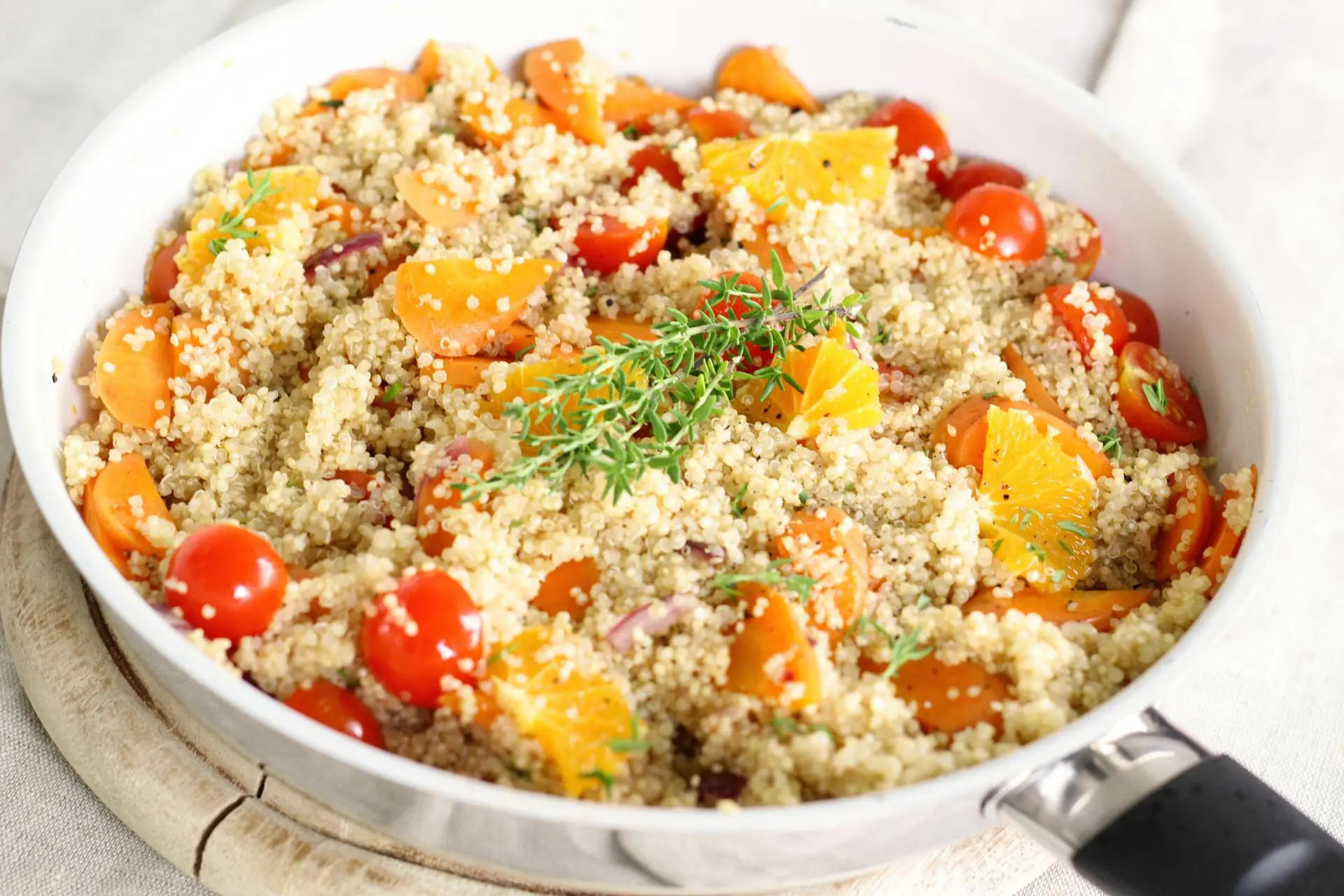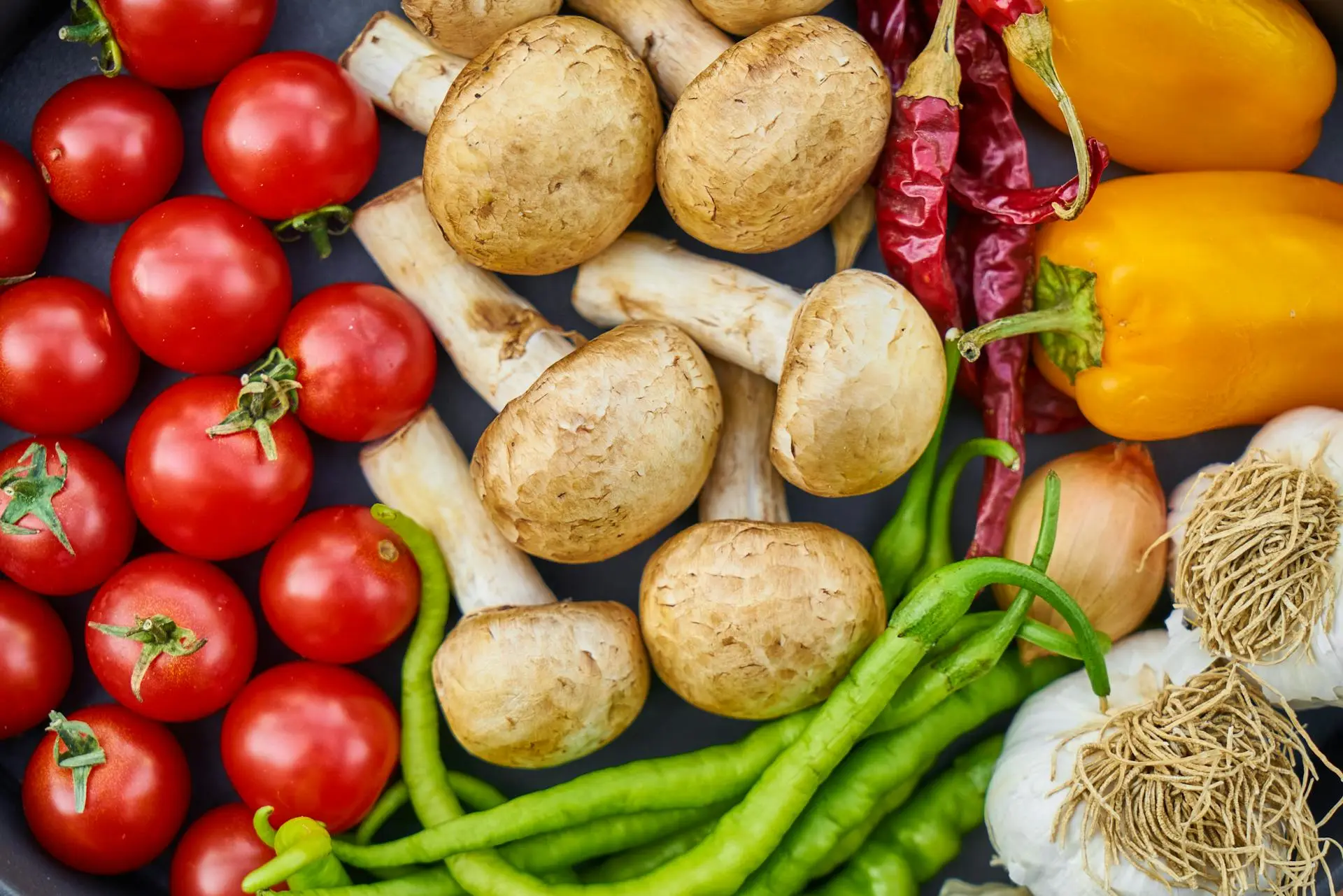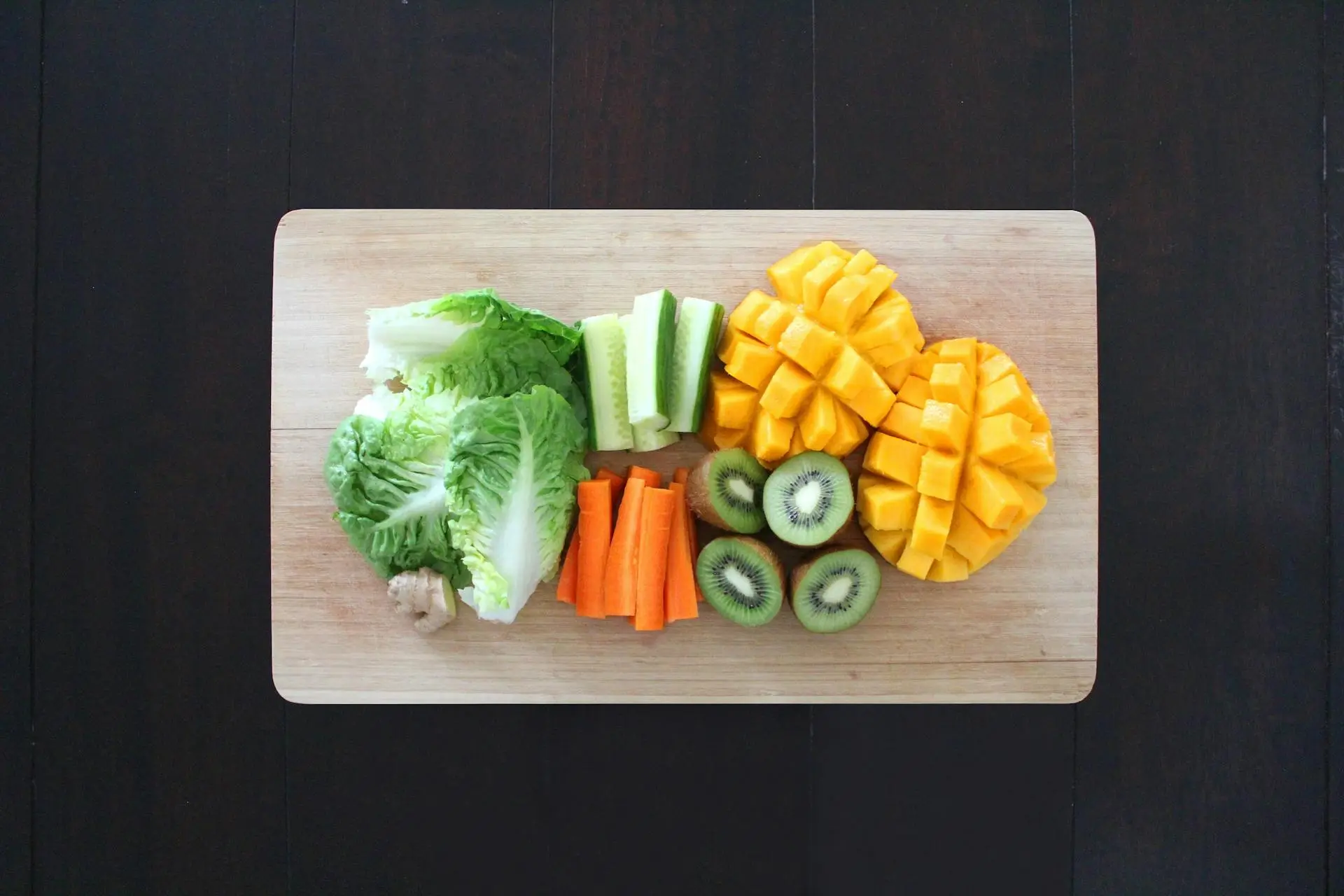

The Ultimate Guide to How Vegetables Can Transform Your Skin
A vibrant, healthy complexion is often a reflection of what’s on the inside, and your diet plays a crucial role in skin health. Among the many dietary choices, vegetables stand out as a powerhouse for enhancing skin quality. Packed with essential nutrients, antioxidants, and hydration, vegetables offer a multitude of benefits for maintaining and improving skin health. This comprehensive guide explores how incorporating vegetables into your diet can lead to clearer, more radiant skin and provides practical tips for optimizing your vegetable intake.


Nutrient-Rich Vegetables for Glowing Skin
The Vital Nutrients Found in Vegetables
Vegetables are packed with vitamins, minerals, and antioxidants that are crucial for maintaining healthy skin. Key nutrients such as vitamins A, C, E, and K, as well as minerals like zinc and magnesium, play significant roles in skin repair, protection, and rejuvenation. For instance, vitamin A helps in cell turnover, while vitamin C is vital for collagen production. Antioxidants found in vegetables combat oxidative stress, reducing the appearance of wrinkles and promoting a youthful glow.
Key Points:
- Vitamin A: Promotes cell turnover and skin repair.
- Vitamin C: Supports collagen production and reduces free radical damage.
- Vitamin E: Acts as a powerful antioxidant that protects skin cells.
- Vitamin K: Aids in reducing dark circles and improving skin elasticity.
Scientific Insight
Research in The Journal of Dermatology highlights that vegetables rich in these vitamins and minerals can enhance skin health by supporting cellular function and reducing the effects of environmental damage.



Hydrating Vegetables for Moisturized Skin
How Vegetables Contribute to Skin Hydration
Proper hydration is essential for maintaining healthy, plump skin, and vegetables are a great source of water. Cucumbers, celery, and bell peppers are particularly hydrating and can help maintain the skin’s moisture balance. These vegetables not only provide hydration but also contain electrolytes that help regulate water levels in the body, contributing to a smooth, supple complexion.
Key Points:
- High Water Content: Cucumbers and celery are over 90% water, helping to keep skin hydrated.
- Electrolyte Balance: Vegetables like bell peppers provide electrolytes that support hydration.
- Skin Moisture: Adequate hydration from vegetables helps maintain skin elasticity and reduces dryness.
Scientific Insight
A study published in Skin Research and Technology confirms that increasing water intake through high-water-content foods like vegetables can significantly improve skin hydration and appearance.



Antioxidant Properties for Reduced Aging Signs
How Antioxidants in Vegetables Combat Aging
Oxidative stress caused by free radicals can accelerate skin aging, leading to wrinkles and uneven skin tone. Vegetables such as tomatoes, spinach, and carrots are rich in antioxidants that neutralize free radicals, reducing the signs of aging. Carotenoids, flavonoids, and polyphenols found in these vegetables help protect skin cells from damage and promote a more youthful appearance.
Key Points:
- Carotenoids: Found in carrots and sweet potatoes, they help protect against UV damage.
- Flavonoids: Present in spinach and kale, they offer anti-inflammatory benefits.
- Polyphenols: Found in tomatoes, they help reduce oxidative stress and improve skin texture.
Scientific Insight
Research in Free Radical Biology and Medicine highlights the role of dietary antioxidants in mitigating the effects of oxidative stress and promoting healthier, more youthful skin.



Anti-Inflammatory Vegetables for Clear Skin
Reducing Inflammation to Prevent Breakouts
Chronic inflammation can lead to various skin issues, including acne and redness. Vegetables with anti-inflammatory properties, such as leafy greens (e.g., spinach and kale), beets, and broccoli, can help reduce inflammation and promote clearer skin. These vegetables contain compounds that lower inflammatory markers in the body, aiding in the prevention and management of skin conditions.
Key Points:
- Leafy Greens: Rich in anti-inflammatory compounds that reduce redness and irritation.
- Beets: Contain betalains that help decrease inflammation.
- Broccoli: Provides sulforaphane, which has anti-inflammatory and detoxifying effects.
Scientific Insight
Studies published in The British Journal of Dermatology demonstrate that incorporating anti-inflammatory foods into the diet can help manage and prevent inflammatory skin conditions, leading to clearer and healthier skin.



Skin-Repairing Vegetables for Healing and Regeneration
Supporting Skin Repair and Regeneration
Vegetables rich in vitamins and minerals support the skin’s natural healing processes. Vegetables like sweet potatoes, bell peppers, and Brussels sprouts provide essential nutrients that aid in skin repair and regeneration. Vitamin A and C play critical roles in the production of collagen and the healing of damaged skin, while zinc helps with tissue repair and regeneration.
Key Points:
- Vitamin A: Found in sweet potatoes, it supports skin repair and cell regeneration.
- Vitamin C: Present in bell peppers, it aids in collagen synthesis and skin healing.
- Zinc: Found in Brussels sprouts, it supports tissue repair and immune function.
Scientific Insight
A study in Nutrition Research Reviews highlights the importance of specific vitamins and minerals in supporting skin repair and regeneration, emphasizing the role of vegetables in maintaining skin health.



Practical Tips for Maximizing Vegetable Intake
Incorporating More Vegetables into Your Diet
To reap the full benefits of vegetables for skin health, it’s essential to incorporate a variety of them into your daily diet. Here are some practical tips to help you get started:
- Add Vegetables to Every Meal: Include a serving of vegetables in breakfast, lunch, and dinner. Consider adding spinach to your morning smoothie, peppers to your lunch salad, and broccoli to your evening stir-fry.
- Snack on Veggies: Replace unhealthy snacks with vegetable options. Carrot sticks, cucumber slices, and bell pepper strips make excellent, skin-friendly snacks.
- Experiment with Recipes: Explore new ways to prepare and enjoy vegetables. Roasted, steamed, or blended into soups, vegetables can be delicious and versatile.
- Plan Your Meals: Plan your weekly meals to include a variety of colorful vegetables, ensuring you get a broad range of nutrients.
Scientific Insight
Research published in The American Journal of Clinical Nutrition suggests that increasing vegetable intake through diverse preparations can enhance nutrient absorption and support overall skin health.

Frequently Asked Questions
Aim to include a variety of vegetables in your diet daily. Consistent consumption of vegetables, ideally in every meal, will provide ongoing benefits for your skin.
While all vegetables offer health benefits, those rich in specific vitamins, antioxidants, and anti-inflammatory compounds have particular advantages for skin health. Prioritize vegetables like spinach, bell peppers, and sweet potatoes.
Cooking can sometimes reduce the levels of certain nutrients, but it can also enhance the availability of others. For optimal benefits, consume a mix of raw and cooked vegetables.
Generally, all vegetables are beneficial for skin health. However, individuals with specific allergies or sensitivities should avoid certain vegetables based on personal dietary needs.
To maximize nutrient intake, eat a variety of colorful vegetables, and include them in multiple meal preparations. Washing vegetables thoroughly and using minimal cooking methods can also help retain nutrients.


In summary
Vegetables are a cornerstone of a healthy diet and play a pivotal role in enhancing skin health. By providing essential nutrients, antioxidants, and hydration, vegetables help maintain a radiant complexion, reduce signs of aging, and promote overall skin well-being. Incorporating a diverse range of vegetables into your diet can lead to significant improvements in skin health and appearance.
Start integrating more vegetables into your meals today and experience the transformative effects on your skin. Experiment with new recipes, enjoy vegetable-based snacks, and make vegetables a staple in your diet. Your skin will thank you for the nourishment!
Read more articles in our Blog
Explore our blog to discover insightful articles on wellbeing and healthcare. From the latest trends in mental health to practical tips for maintaining a balanced lifestyle, our expert writers provide valuable information to help you lead a healthier and more fulfilling life. Stay informed, get inspired, and take charge of your wellbeing today by diving into our carefully curated content.
